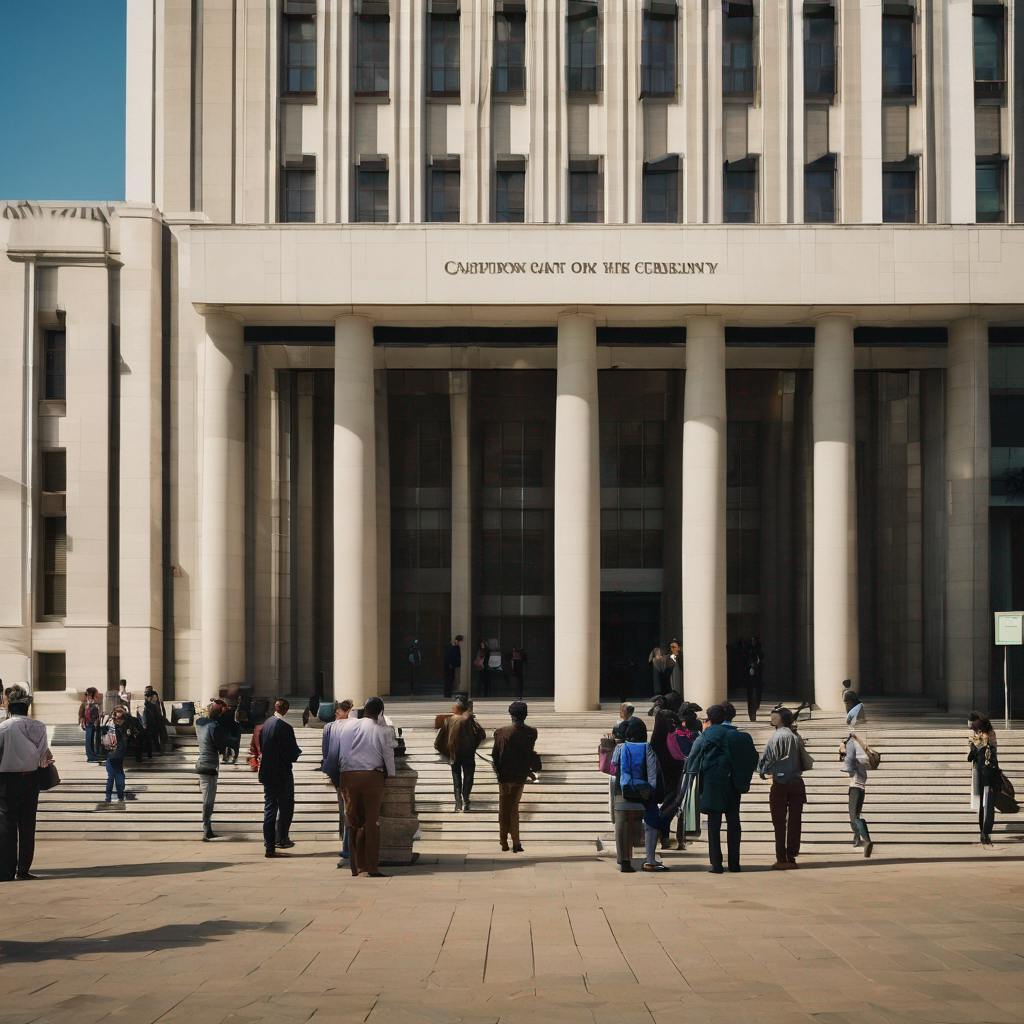X Corp. v. Center for Countering Digital Hate, INC. Court Filing, retrieved on March 25, 2024 is part of HackerNoon’s Legal PDF Series. You can jump to any part in this filing here. This part is 17 of 19.
2. Recoverable Damages
CCDH also argues that X Corp. fails to allege plausible damages because (a) the complaint fails to allege that any breach by Brandwatch proximately caused the damage that X Corp. seeks, and (b) the same constitutional principle that prohibits X Corp. from recovering publication damages on its contract claim prohibit it from recovering publication damages on its non-defamation tort claims. See MTD&S at 25–26.
The Court agrees with CCDH’s argument on constitutional grounds. X Corp. cannot seek damages for the independent acts of third parties based on CCDH’s speech. Accordingly, the “at least tens of millions of dollars” that X Corp. seeks in connection with CCDH allegedly causing Brandwatch to breach its contract with X Corp. are impermissible. See Planned Parenthood, No. 16-cv-236-WHO (Order on Motions to Dismiss and Strike) at 36 (“the First Amendment does not impose heightened standards on plaintiffs’ tort claims as long as plaintiffs do not seek reputational damages (lost profits, lost vendors) stemming from the publication conduct of defendants.”) (emphasis in original).[29]
Because the tort claims fails to allege a theory of causation that makes sense, and seek impermissible publication damages, the Court STRIKES them.[30]
Continue Reading Here.
[29] X Corp. suggests that it is also seeking damages based on “actions it took—including internal investigations and allocation of employee resources—to address the security breach.” Opp’n at 31 (citing FAC ¶¶ 70–71). These tort claims do not reference that type of damage, instead using the “at least tens of millions of dollars” language that the complaint consistently attributes to the pause of advertiser spending, see FAC ¶¶ 93, 99, 5, 70.
[30] At the motion hearing, X Corp. did not identify any new allegations that it could add to the tort claims if given leave to amend.
About HackerNoon Legal PDF Series: We bring you the most important technical and insightful public domain court case filings.
This court case retrieved on March 25, 2024, from storage.courtlistener is part of the public domain. The court-created documents are works of the federal government, and under copyright law, are automatically placed in the public domain and may be shared without legal restriction.

